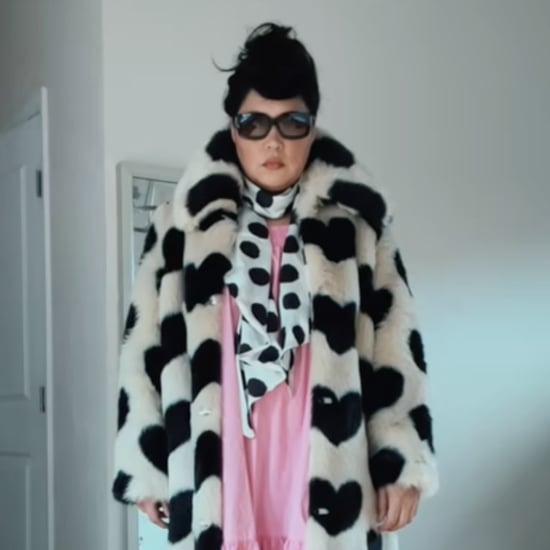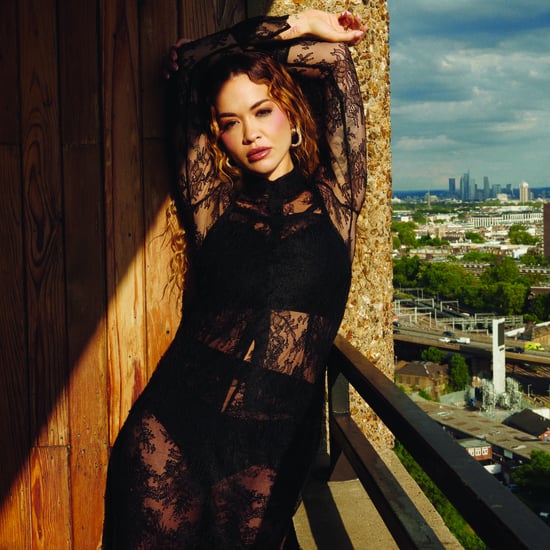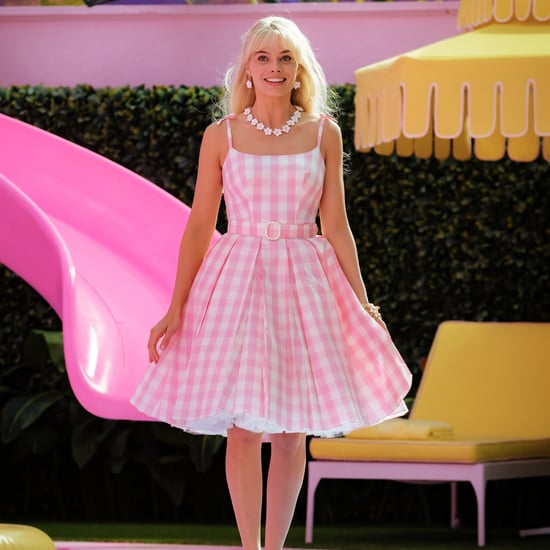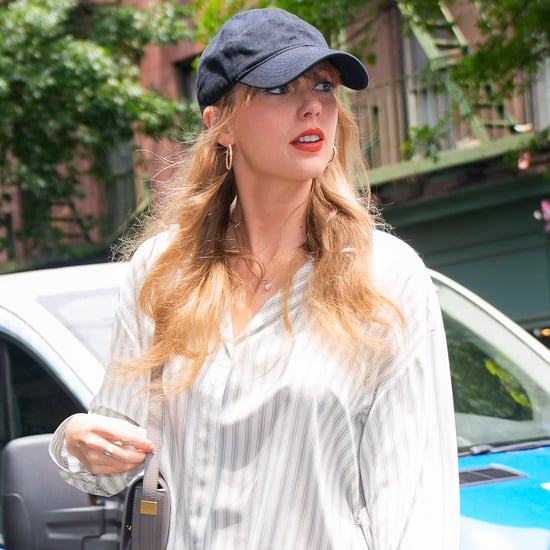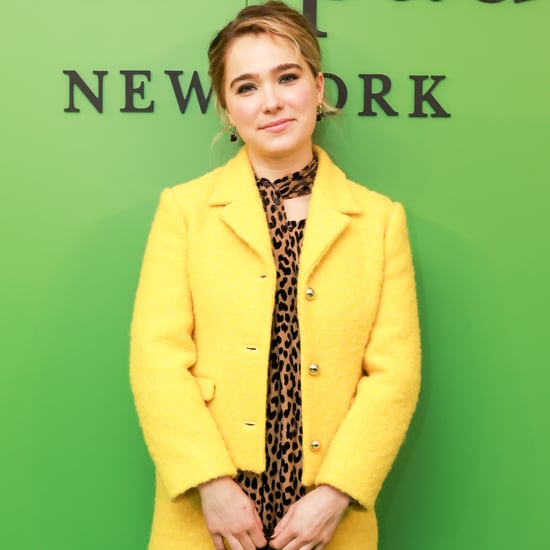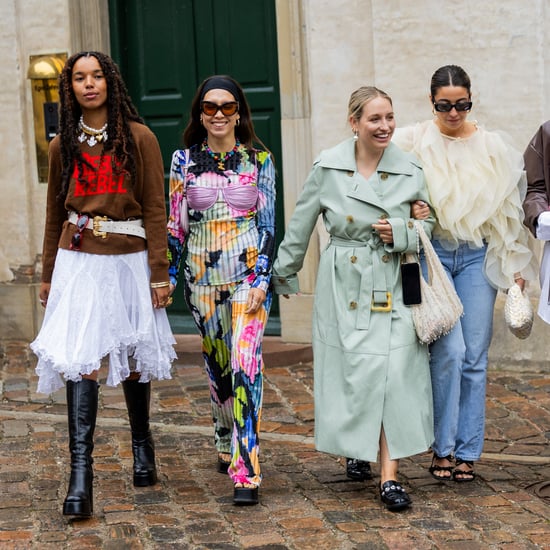What It's Like to Be a Black Woman Street Style Photographer
Seleen Saleh on Her Experience as a Black Woman Street Style Photographer
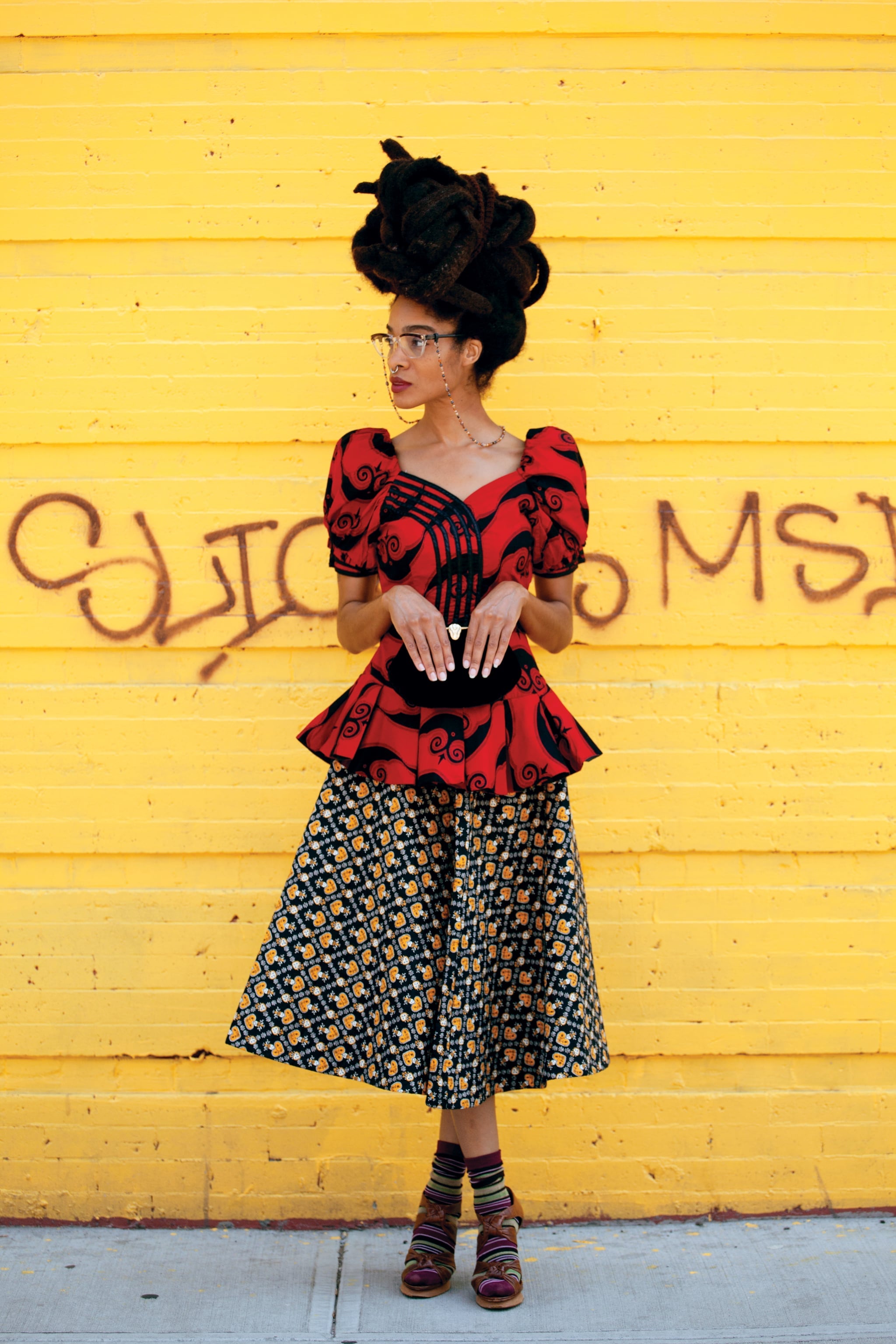
For a little over the last decade, bloggers, influencers, and street style stars have opened up the once mysterious and elite world of the fashion industry. This shift has been aided by the ones behind the lens, the street style photographers, capturing the looks of everyday people as well as the fashion glitterati during Fashion Weeks all over the globe. Behind the scenes of those memorable Fashion Week moments is often one style star in front of the flashing bulbs of 10 or 20 photographers from major agencies and publications, jostling for the perfect shot. Street style photographer Seleen Saleh is a Fashion Week vet, and as a Black woman in the boys' club of fashion photography, she stands out. We had the pleasure of chatting with Saleh as she celebrates the release of her new coffee table book, Street Culture — the first of it's kind to be released by a Black woman — documenting the street style of BIPOC creatives in the fashion and entertainment industry.
Saleh admits that the street style scene can be very aggressive. Female photographers have mentioned the physical jockeying for positions in the photography pits during runway shows.
It is no easy feat to release a book during a pandemic. Though she was stressed with release dates being pushed back and promotion plans changing, in hindsight, Saleh feels Street Culture came out at the right time. "My book was created to inspire! It was created to celebrate each and every individual featured in it and to create a space for us to be seen. It is ironic that it came out during this time, when people are returning back to the basics when it comes to style," she said.
February's fashion month was perhaps the last of its kind for the foreseeable future. With much of the fashion and creative industry working from home, in future Fashion Weeks there will be less travelling, and Saleh predicts this will affect street style. "I believe the financial impact that has affected most of us will affect what people wear to shows. I think this will rebirth an insurgence of individual style again, and upcycling or vintage trends. People will want a more realistic view of street style, and less commercial."
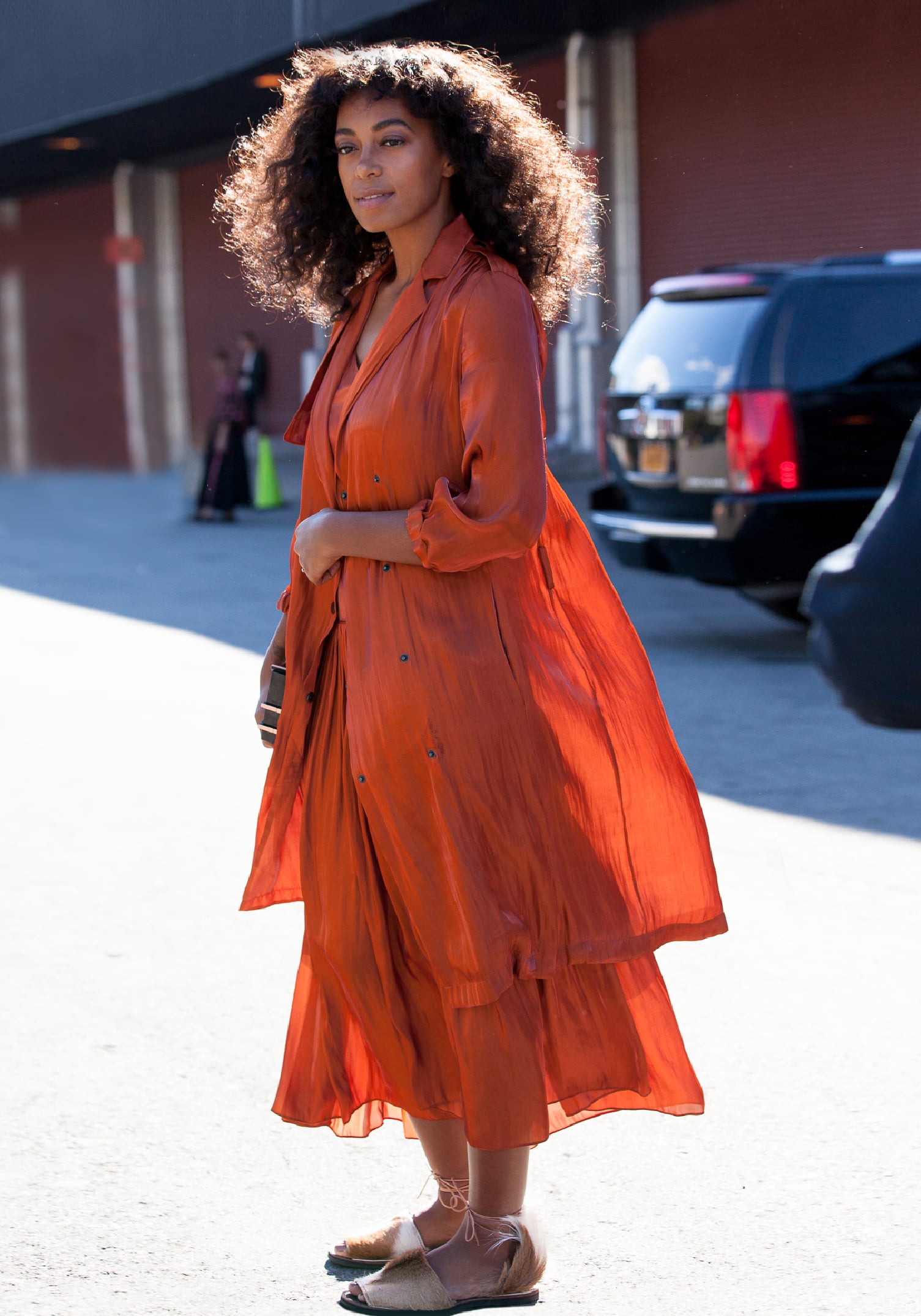
Having shot editorial and street style for publications including British Vogue, Essence, and People, Seleen Saleh has had many years of experience in the male-dominated world of fashion photography. Coming up alongside photographers like Tommy Ton, Scott Schuman and Phil Oh, Saleh admits that the street style scene can be very aggressive. Female photographers have mentioned the physical jockeying for positions in the photography pits during runway shows. Outside of the venues, Saleh states there "can be a bit of sexism, depending on who you are shooting if they will stop for you," also mentioning she has been overlooked by many. Luckily, Saleh seeks such a wide and diverse range of muses that there hasn't been a void left by those that have passed her by. "I think photography has a very powerful way to influence and communicate to people across the globe. When used with intent it can create change, reveal humanity, and speak to people in ways that words may not. It has the power to move a mind and compel it to act. I hope that one day my work can carry this weight for someone," Saleh said.
With influencer culture and brand partnerships growing to dominate fashion week's street-style culture, Saleh has found more diversity when she looked beyond industry regulars.
Thumbing through the pages of Street Culture, with its photos set in New York City, you'll find Saleh's images are indeed moving. It's a colourful celebration of creative BIPOC, from international celebrities like Solange Knowles to magazine editors, publicists, and people that Saleh saw on the street that emanated that vibe. Saleh doesn't just focus on the well-known "who's who" in the fashion scene, like many other street style photographers. With influencer culture and brand partnerships growing to dominate fashion week's street-style culture, Saleh has found more diversity when she looked beyond industry regulars. Saleh photographed a weekly street-style roundup for Essence.com that gave her the creative freedom and flexibility to find and photograph a wide range of muses. She takes pride in showcasing creatives in the Black diaspora. "I believe our culture is what shapes the fashion and beauty industry," she said. "For myself and the people I photograph, it's more of a lifestyle. It is a way of life and such an integral part of who we are. This stems from our families, upbringing, heritage, and lineage."
Perhaps Street Culture will be a reference book at major fashion houses. It is being released at a time when fashion consumers are demanding that brands pay public homage and dues to their inspirations — think Dapper Dan's Gucci collaboration. Saleh's book Street Culture explores the culture at the heart of street-style photography in an urban setting at large. From natural hair to intuitive cultural style, Saleh's photographs are a 360-degree celebration of BIPOC.
